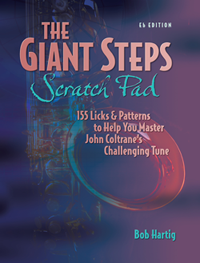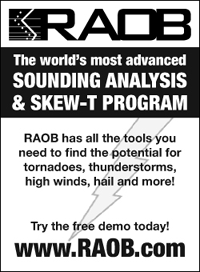Something is happening with jazz in Grand Rapids. Overnight, it seems, the art form which hitherto has garnered lots of respect but little support is coming into its own in this area. People are turning out to hear live jazz. It has been a long time coming, and it’s good to see.
Last night I went to a jam session at the Winchester, located at 648 Wealthy Street SE. Running from 9:30 to 12:30, the session is hosted by trumpeter Chris Lawrence, with John Shea on keyboards and a rotating lineup of bass players and drummers. Besides being an incendiary improviser, Chris does a splendid job fronting the session, and he has an enthusiastic audience. A number of great area jazz musicians showed up to share their talents, among them veteran drummer Scott Veenstra, vocalist Kathy LaMar (she’s a marvel!), and keyboard wizard Steve Talaga.
Steve arrived after wrapping up his own earlier jam session down the street at Billy’s in Eastown. I haven’t made it to that session yet, but it’s on my list. Like the one at the Winchester, it’s new, and it amazes me in the pleasantest way that, suddenly, not just one but two Tuesday night jazz jam sessions have emerged right down the road from each other. Steve’s runs from 7:00 to 11:00 p.m. at 1437 Wealthy. A guest musician could close out that session and then, if so inclined, head over to the Winchester and still have plenty more time to play.
Both of the Tuesday sessions are recent and very welcome developments, and the Winchester and Billy’s are to be saluted for supporting them.
But that’s not the end of it. Across town on Sunday nights is where the session with a history to it takes place. At SpeakEZ Lounge, 600 Monroe NW, well-known drummer and harmonica man Randy Marsh hosts this town’s longest ongoing jam session. The session began a couple years ago at HopCat, where it ran for quite a while before moving to SpeakEZ. The second location is an excellent venue for Randy, who rotates a consistently topnotch cast of section players and provides a welcoming setting for visiting musicians to air out their chops.
Blowing sessions are a part of the jazz tradition, and to see them emerge and succeed here in Grand Rapids seems to me a litmus test of the state of the art. West Michigan has got some world-class musicians as well as a heap of upcoming talent, and I’m delighted to see room being made for all.
I have an idea that there’s a link between the explosion of craft beer in this town and the ascendance of live jazz. Beer–good beer–is art, and artists recognize and support other artists. In a town that has been named Beer City for two years running in the Beer City USA national poll, and which in recent years has also garnered national attention for its three-week-long, citywide ArtPrize contest, a new and positive mindset toward things aesthetic has become apparent, and it is sweeping up jazz into the mix. Bravo for those restaurant owners who see value in live jazz and are choosing to support it by giving it a venue in their establishments.

